When FX announced they were bringing the legendary Alien franchise to television, expectations soared alongside skepticism. Could a small-screen adaptation capture the claustrophobic terror that made Ridley Scott's 1979 masterpiece a cultural phenomenon? Two weeks after its premiere, Alien: Earth isn't just meeting those expectations—it's redefining what franchise television can achieve.
A Fresh Take on Familiar Terror
Created by Noah Hawley, Alien: Earth cleverly positions itself two years before the events of the original film, giving viewers the franchise's first television series without the burden of retreading familiar ground. Set in 2120, the show introduces us to a world where governments have been replaced by corporations—a dystopian twist that feels unnervingly relevant to today's audiences.
The series centers on the crash of the research vessel Maginot and follows Wendy (Sydney Chandler), a "hybrid" with human consciousness downloaded into an android body, leading a rescue mission that uncovers humanity's greatest threat. As Hawley told Good Morning America, his goal mirrors Scott's original vision: "after every episode, you go, 'Well, I'll never do this thing again'".
Corporate Horror Meets Philosophical Depth
What sets Alien: Earth apart is its sharp focus on capitalism as the real villain. While the Xenomorphs provide visceral scares, the show's true horror lies in corporate malfeasance—specifically through the familiar menace of Weyland-Yutani and newcomer Prodigy Corporation. This approach echoes the franchise's most compelling theme, as one reviewer noted: "it understands that while the monstrous Xenomorphs are scary, the real villain of any 'Alien' story is capitalism".
The series introduces three paths to human immortality—cyborgs, synthetics, and hybrids—creating rich philosophical territory about identity and consciousness. These concepts aren't just sci-fi window dressing; they drive character development and plot in meaningful ways that respect audience intelligence.
Critical Reception and Cultural Impact
Professional critics have embraced the series, with IGN praising how it "comes out of the gate swinging with a pair of premiere episodes that highlight everything that works about the show". The production has earned a remarkable 96% rating on Rotten Tomatoes, suggesting both critical and audience approval.
What's particularly striking is how Alien: Earth differentiates itself from recent franchise entries. Unlike 2024's Alien: Romulus, which relied heavily on nostalgia, this series "demonstrates a profound confidence in its narrative" and "never feels the need to preach or moralize". As one comprehensive review noted, "This isn't a reboot; it's a masterful expansion".
The Franchise's Television Evolution
Sydney Chandler's performance as Wendy has drawn particular acclaim, with critics noting her "real star quality" despite the challenging concept of adult actors portraying child consciousness in hybrid bodies. The supporting cast, including Samuel Blenkin as the "extremely annoying" CEO Boy Kavalier, creates a ensemble that balances corporate satire with genuine horror.
The show's production values match its ambitious storytelling. With Ridley Scott serving as executive producer, Alien: Earth maintains the franchise's signature "chillingly sterile aesthetic that masks unspeakable horrors" while adding contemporary relevance.
Why This Matters Now
Alien: Earth arrives at a perfect cultural moment. In an era of corporate consolidation and AI advancement, the show's exploration of human consciousness, corporate control, and technological evolution feels prescient rather than fantastical. The series doesn't just entertain—it interrogates our relationship with technology and power structures in ways that feel essential to current discourse.
For franchise television, Alien: Earth represents something increasingly rare: a property that expands its universe meaningfully rather than simply exploiting brand recognition. By respecting both its source material and audience intelligence, the series proves that franchise television can be both commercially successful and artistically ambitious.
As we navigate our corporate-dominated landscape, Alien: Earth reminds us that sometimes the most effective horror comes not from monsters in the dark, but from the systems we've already built around ourselves.
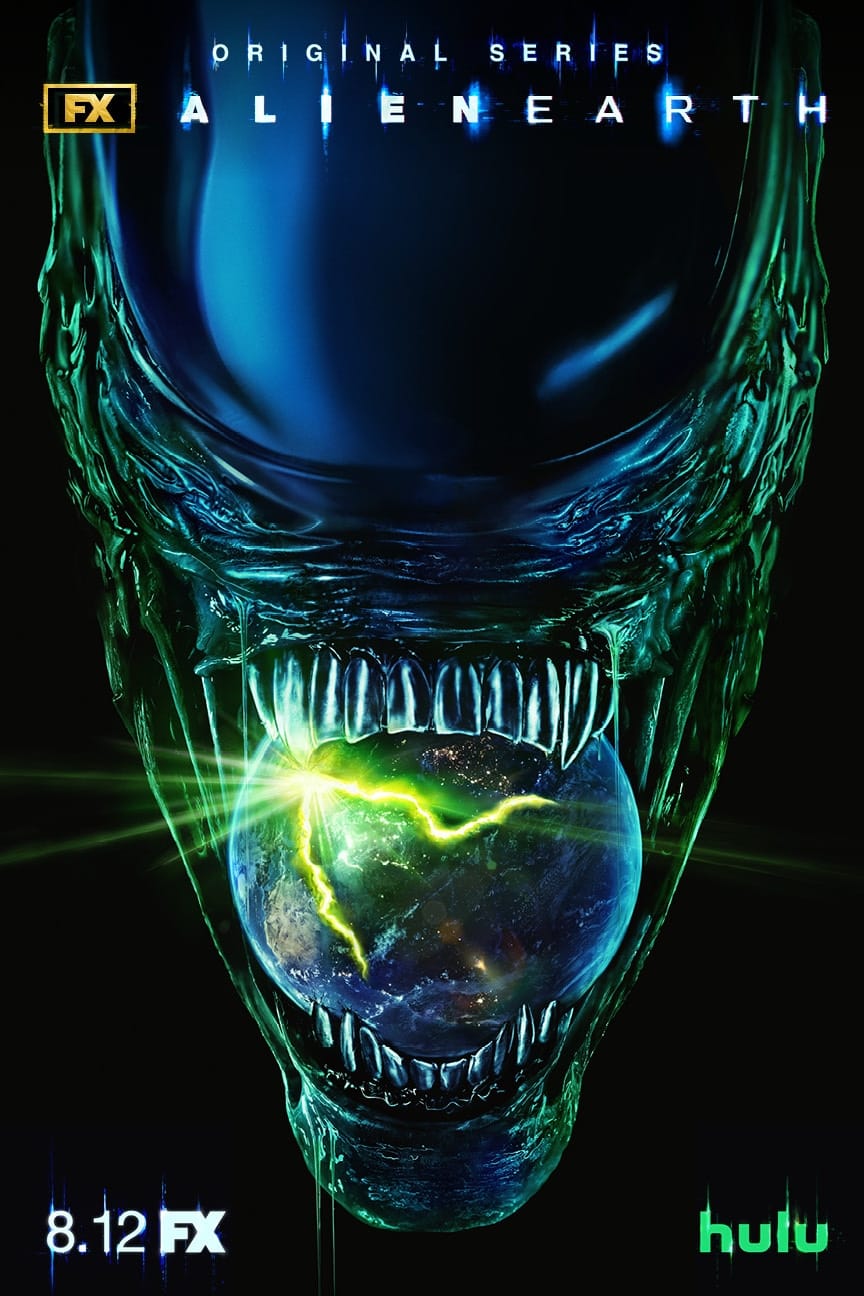



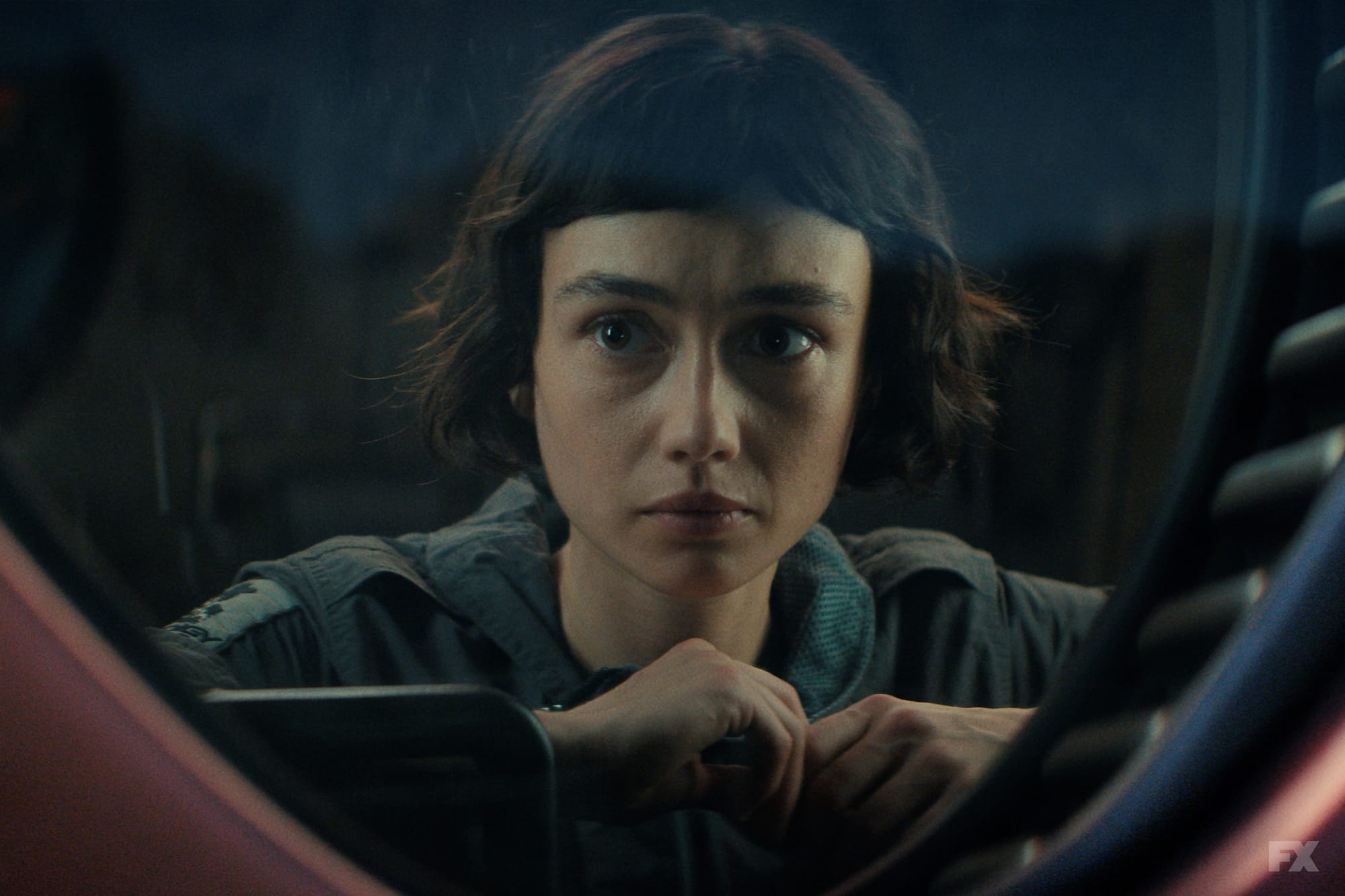
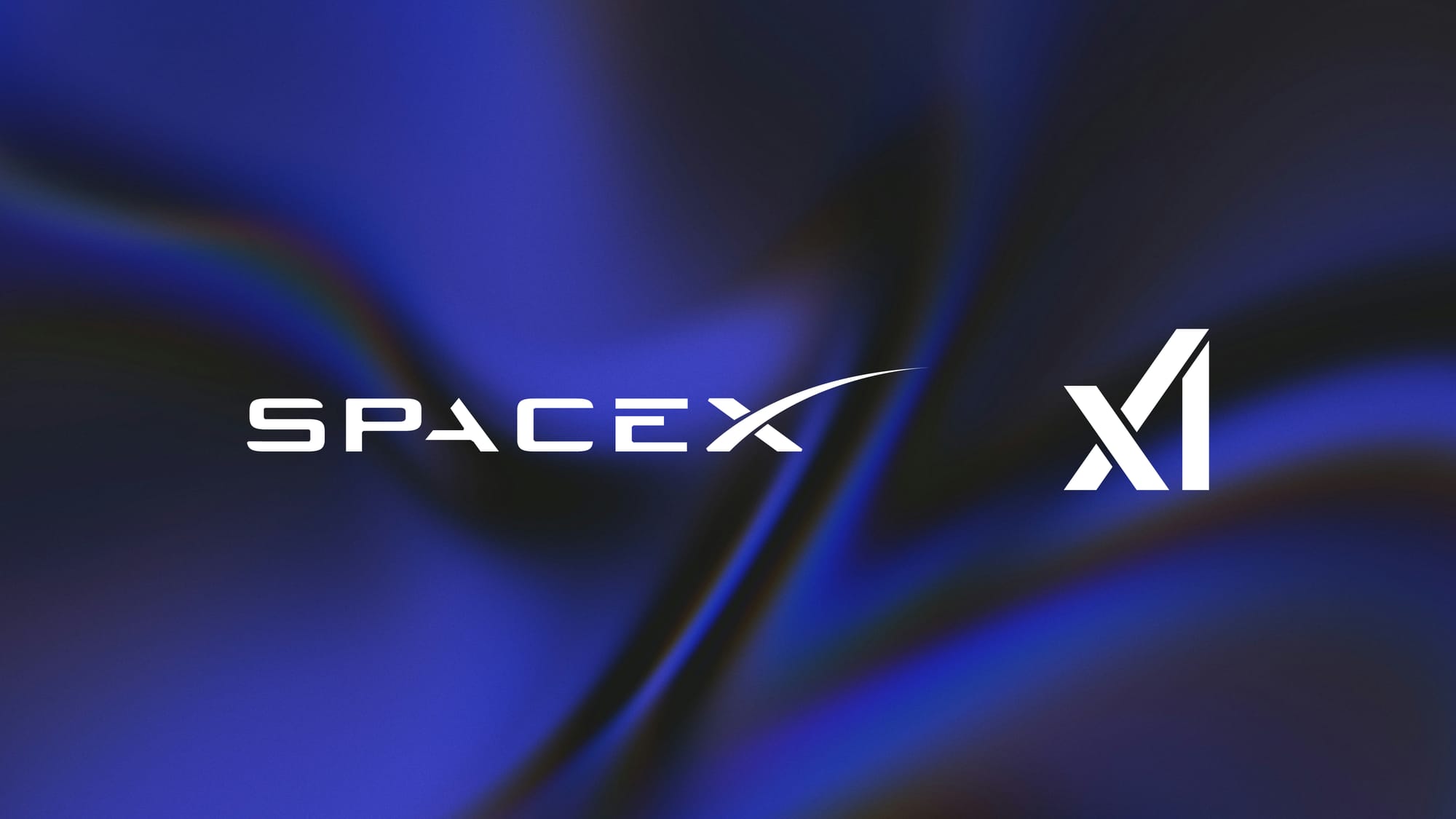




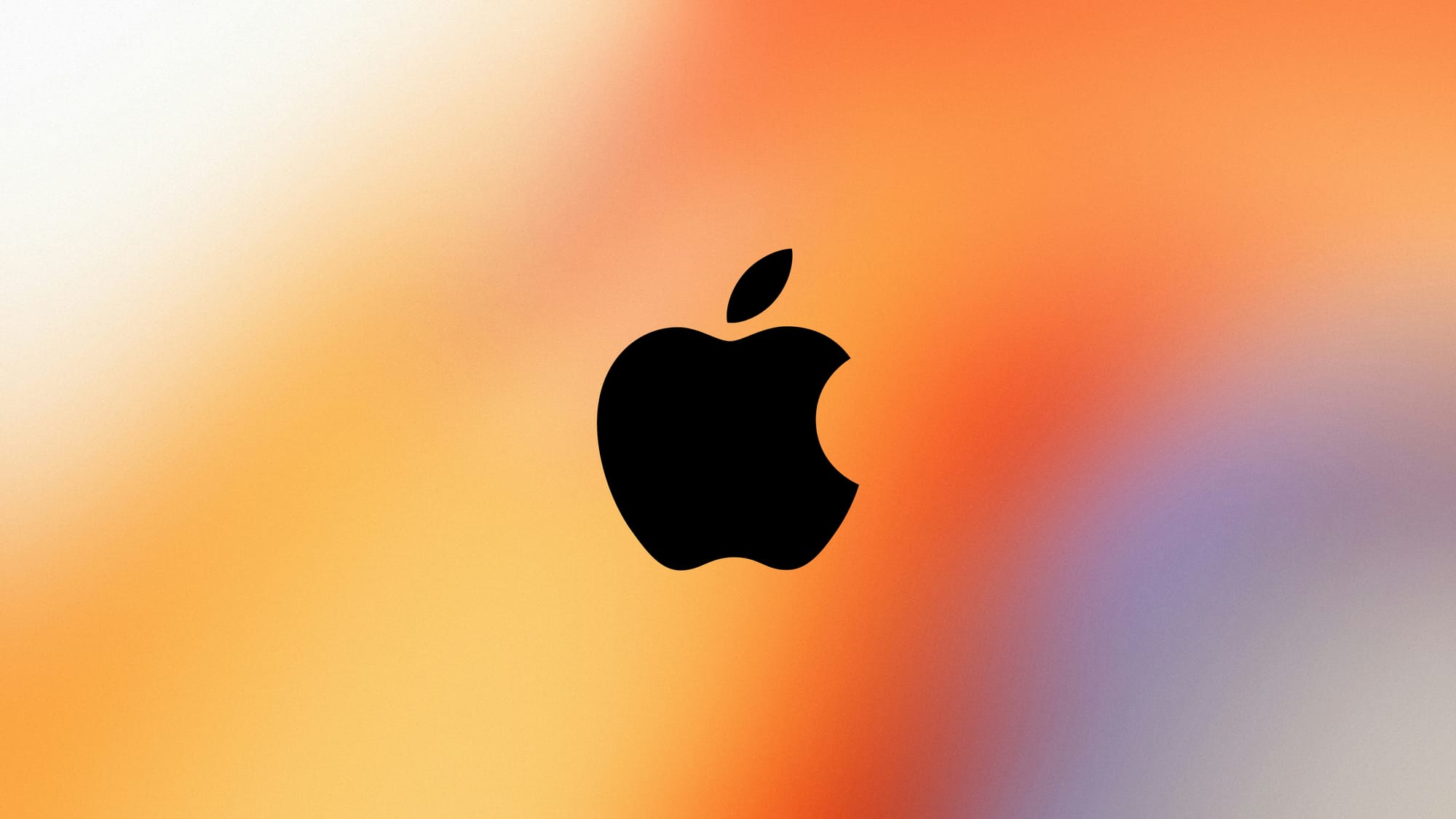

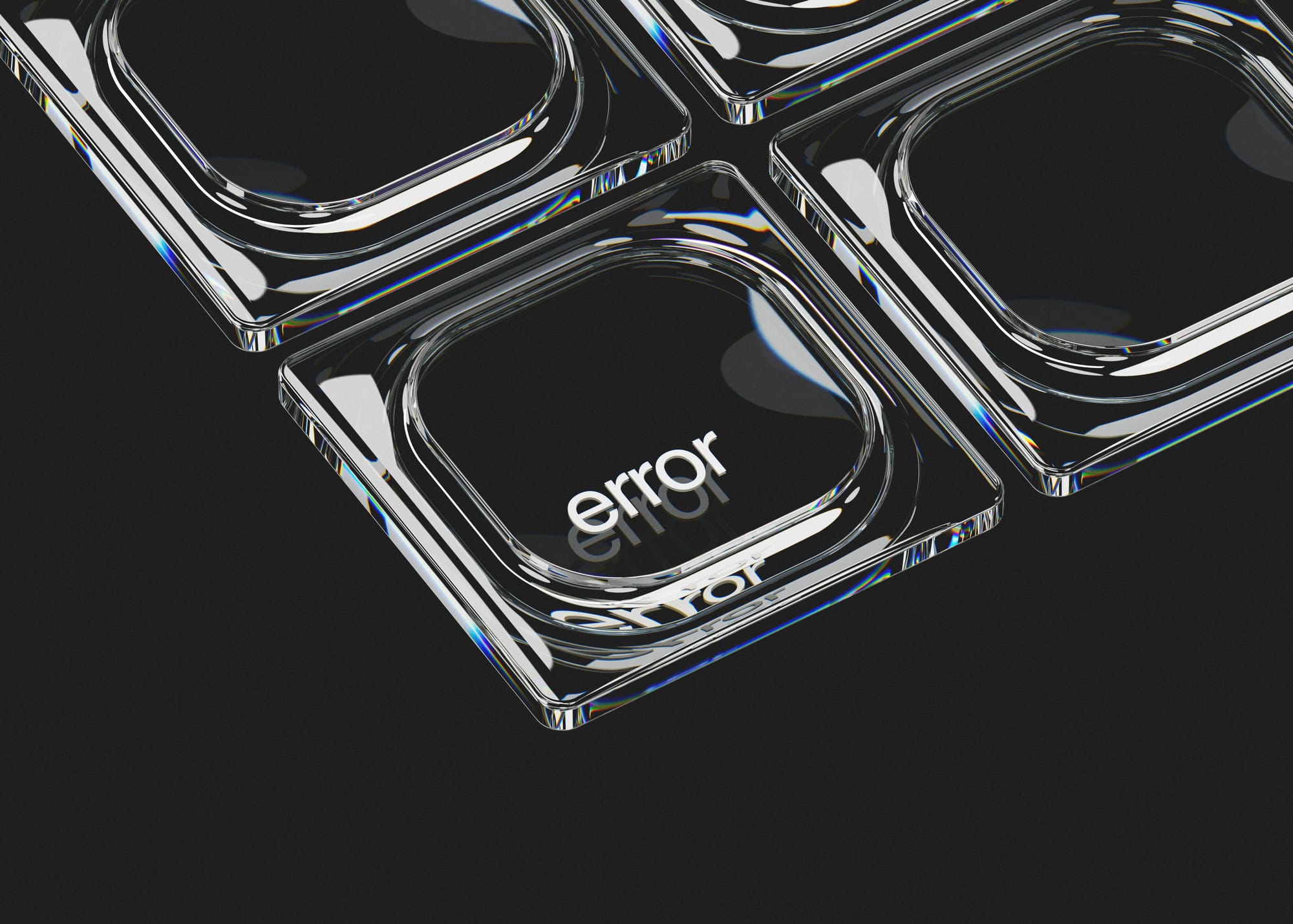


Discussion